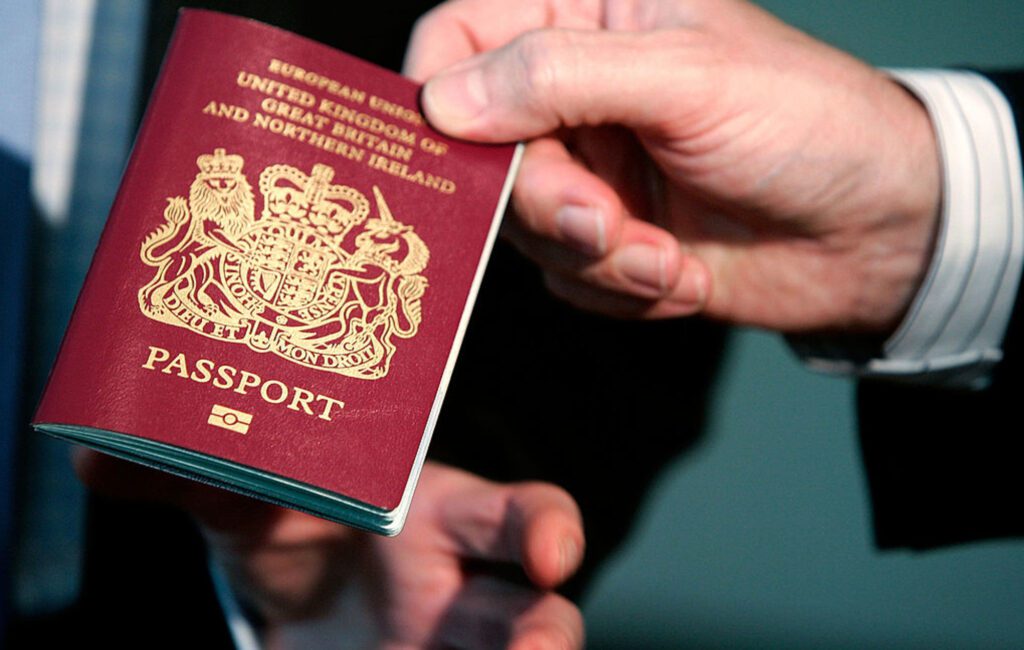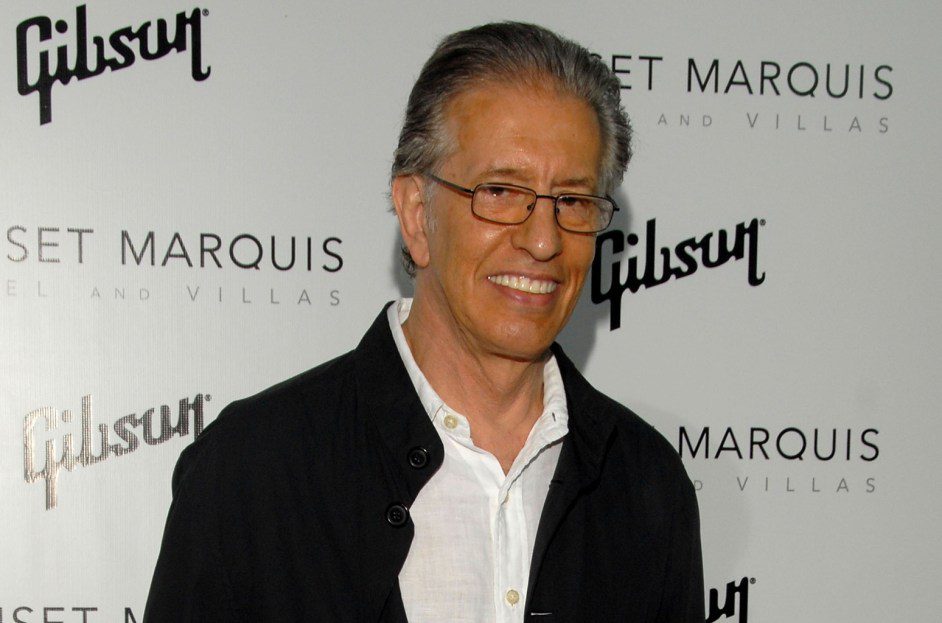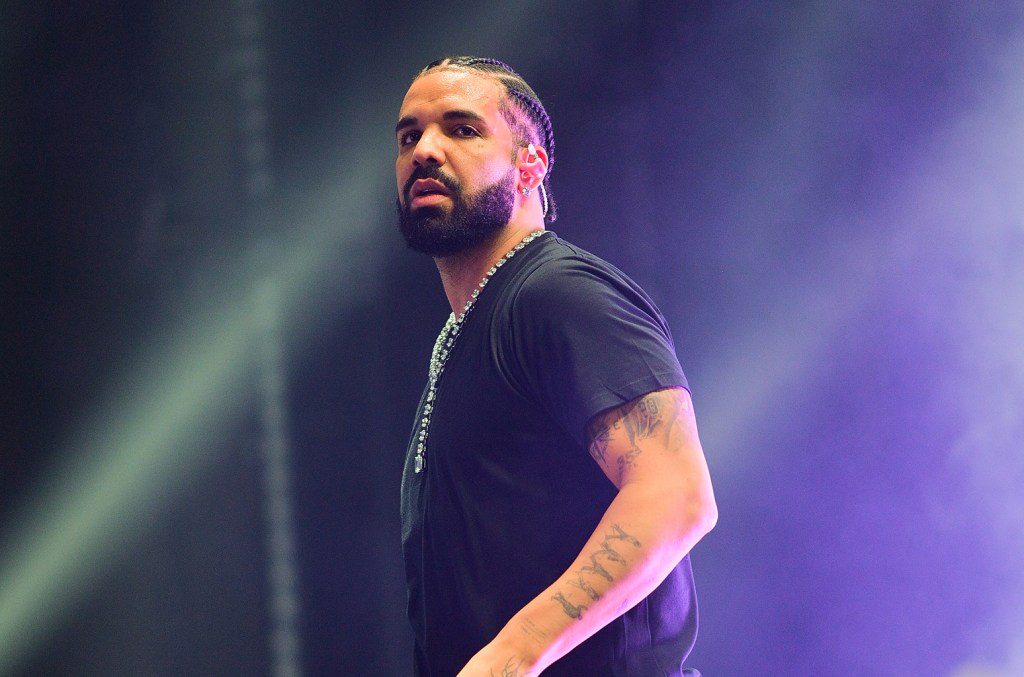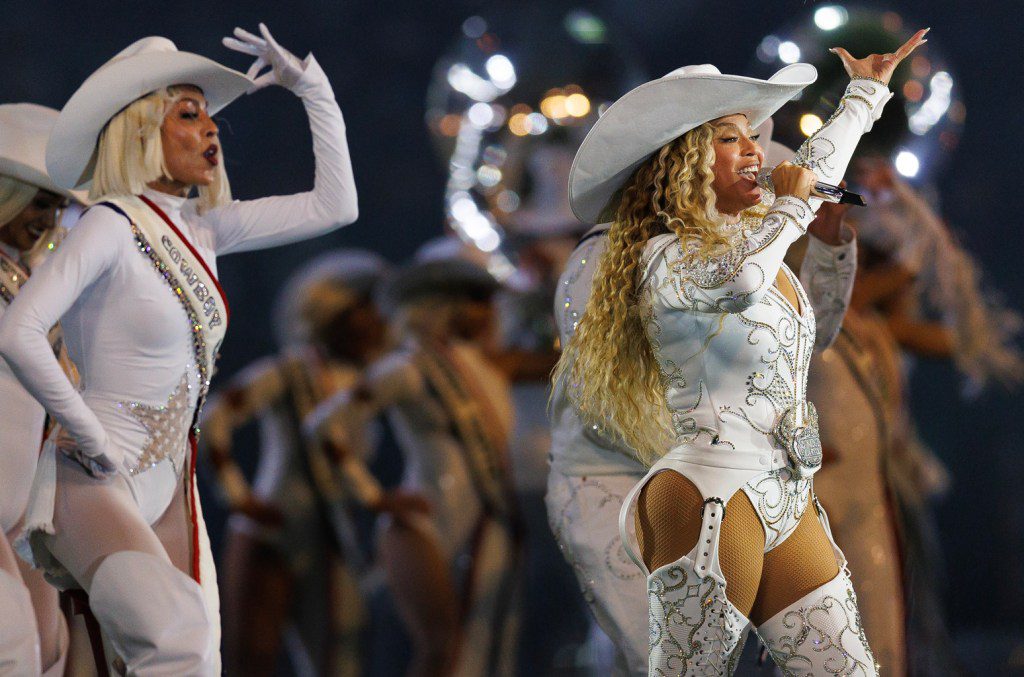UK music industry warns of "dangerous cultural loss" after US visa increase
Artists and music industry figures from across the UK and Ireland have expressed their fears after it was confirmed that Visa fees for foreign artists touring the US will increase by over 50% before the end of 2020.
The fee increases, which were confirmed earlier this week, will affect both the P and O visa types, which are generally used by touring artists. The visas allow artists to return to the country within one and three years respectively.
Fees for an O visa, which applies to “Individuals with Extraordinary Ability or Achievement,” will increase from $460 to $705, a rise of 53%. The P visa, which can also be used by family members of the individuals, will also increase by to a total cost of $695.
“It’s going to make it so much more complicated. It is already so costly to tour in the States because of the distances involved,” Everything Everything bassist and Featured Artist Coalition board director Jeremy Pritchard told NME.
“Adding any extra costs is just making it prohibitive and it’s going to implement a sense of isolationism and mono-culturalism on both sides of the Atlantic and that’s the most dangerous thing, the cultural loss.”

Speaking of the dangers facing rising talent, Pritchard continued: “It’s not going to be something you consider. It won’t be something that’s in your vocabulary as an emerging artist. In a way, the fact that we’ve ever toured the States has been a folly because we’ve lost tens of thousands of pounds every time we’ve done it.”
He added: “It is not a profitable enterprise, but something we do because we want to connect with the people who like the music over there and we’re lucky enough to play festivals that make us a bit of money in Europe so we can pump money into the States.”
His warnings were echoed by Rick Smith, a tour manager who has previously worked with the likes of The Libertines, Kasabian and Red Hot Chili Peppers.
“It’s been creeping up over the years,” Smith told NME. “When I first went to the US, the visa process was relatively straightforward and reasonable. But it’s now got more complex and it’s become such a convoluted affair.”
Smith also said that the rise is the latest step in an increasingly complex process – and claimed that the associated cost of applying for a visa has risen by 2000% since the 1990s.
“For bands starting out, the involvement of record companies to do their petitioning is now reduced and now the nature of the business is such that you can have a reasonable degree of success from online platforms and streaming, so you’ll trying to petition yourself for a US visa,” he continued. “But it’s such a convoluted, expensive and onerous process. They’re cutting off their nose to spite their cultural face.
“For new talent to play, you’ve got massive start-up costs.”
While both Higgs and Smith have vast experience touring the US, bands at the very start of their career fear that the restrictions will prevent them from getting a chance to carve their Stateside reputation.
Dublin band Pillow Queens were set to perform at Texas’ SXSW before the event’s cancellation due to COVID-19 earlier this year, but now fear that a US return may be much more difficult than ever before.
-
READ MORE: “It’s going to be devastating” – here’s how Brexit will screw over British touring artists
“We performed as part of two Irish cultural showcases last year and we had people coming up to us saying ‘you need to tour here’”, singer Pam Connelly told NME. “That’s what we’re aiming for, but we don’t have label backing and even if we did, it would probably be a smaller label who wouldn’t be able to foot that money.”
“It feels really restrictive. We’re lucky in terms of with the UK, where they’re doing the same thing with visas where you need to show £1000 in your bank account [after Brexit] but as far as I know it doesn’t apply to Ireland as part of the common travel area.”
She continued: “But it’s leaving out so many EU countries that could previously tour in the UK and it feels like the world is shutting its doors.”
Connelly warned that the increased cost could lead of “isolationism” for music, as well as politics.
“Music spreads around the world so freely, but you always try to overcome these financial barriers,” she said. “When they keep getting higher it’s just too intense, and most people are just wondering when they can tour again after the pandemic ends – but when that time comes, it’s going to be even harder.”
Echoing Connelly’s comments, Pritchard warned that it bodes “spectacularly badly for Brexit”.
“When we started as a band we’d meet loads of US artists who would come over and base themselves in London or Berlin for the summer, because they’d be able to access a market that was hungry for their music,” he added. “If this is what the visa costs will be like for every country on the mainland after Brexit, it will shut down any outreach for artists and we will become a monocultural island.”
Earlier this year, Tom Watson, the chair of UK Music, also called for the UK government to back a plan for a Musicians’ Passport, allowing bands and artists to tour freely and without visas or extra fees after Brexit.
As part of ongoing Brexit negotiations, the Home Office previously revealed that musicians from outside the UK will need to apply for a visa and pay to perform in the country from 2021, with EU and non-EU based creatives who wish to travel to the UK needing to prove they have nearly £1000 in savings in their account some 90 days before applying for the visa.





